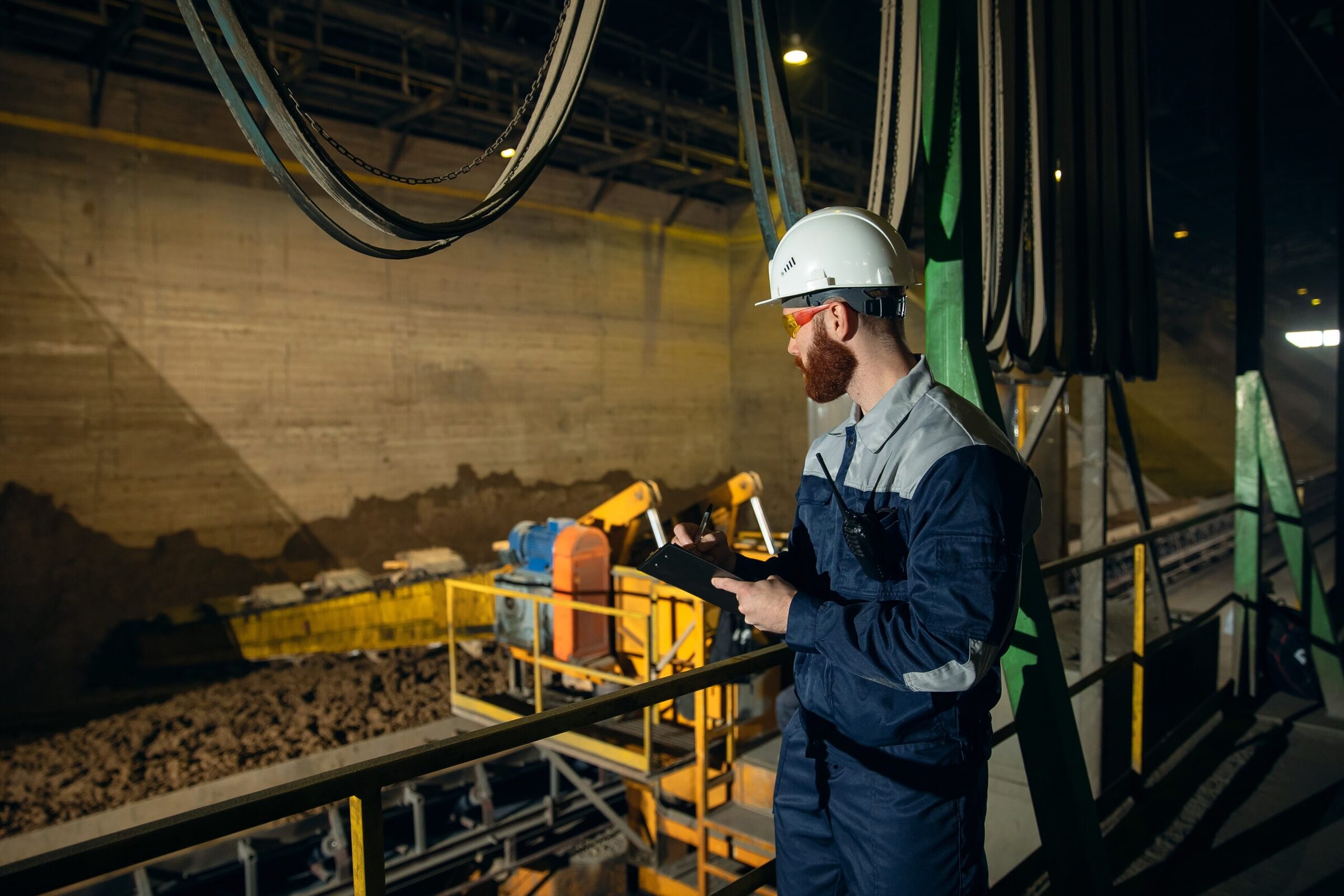Course Description
Learn the variables that control suspension properties, decipher defect causes with analytical tools, and troubleshoot manufacturing problems associated with raw material variations, rheology excursions, and processing problems
This course introduces the five factors that control suspension rheology with examples. The five factors include:
- Powder characterization and the role of powder properties (i.e., density, surface area, and particle size distribution) with hands-on examples.
- Stabilization mechanisms (electrostatic, electrosteric, and steric stabilization) investigated to provide background for evaluating behavior and trouble-shooting.
- Aqueous processing and ionic strength.
- Ceramic forming techniques from a perspective that ties all slurry forming techniques together (extrusion, injection molding, tape casting, and slip casting).
- Defect generation.
Course Format
6 sessions | 9 hours of instruction | On-Demand
Students will have access to on-demand content for 12 months after date of purchase.
*Employees of ACerS Corporate Partners receive the discounted Individual Member rate. Sapphire Corporate Partners receive an additional 20% discount; Diamond Corporate Partners receive an additional 30% discount. Please contact Customer Service or 614-890-4700 to register employees at the discounted Corporate Partner rates.

William Carty, Ph.D.
William M. Carty joined the faculty at Alfred University in 1993 and achieved the rank of Professor in 2002, McMahon Professor in 2010, and Chair of Ceramic Engineering and Glass Engineering Science (2008 and 2010). He received a B.S. (1985) and M.S. (1987) both in Ceramic Engineering from the University of Missouri-Rolla, and a Ph.D. in Materials Science from the University of Washington (Seattle, 1992).
Carty joined Alfred University following a one-year post-doctoral position at Koninklijke/Shell-Laboratorium, Amsterdam (The Netherlands). His current research interests are ceramic processing and microstructural evolution (in both traditional and advanced ceramic materials); tailoring microstructures and porosity for specific applications; the connection between strength and processing; glass batch reactions and melting; and the development of sustainable ceramic manufacturing processes (i.e., energy efficient and environmentally-sound). In addition to teaching and research, he is a world-recognized expert and consultant in porcelains and glazes, ceramic processing, and ceramic manufacturing.
Member Registration Rate
$ 650
Non-Member Registration Rate
$ 750
Student Registration Rate
$ 475
Course Category
- Manufacturing


